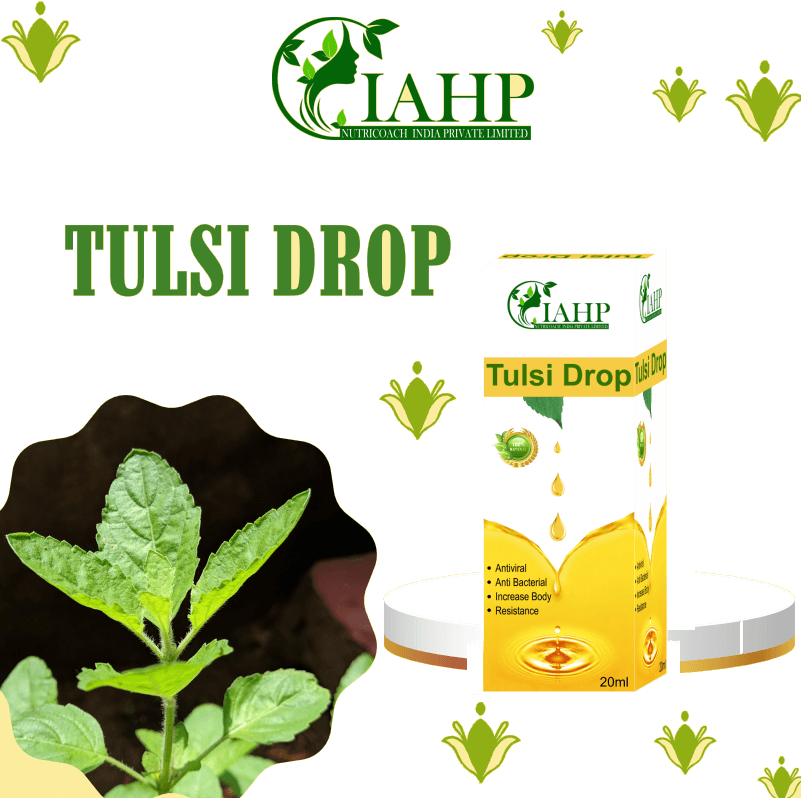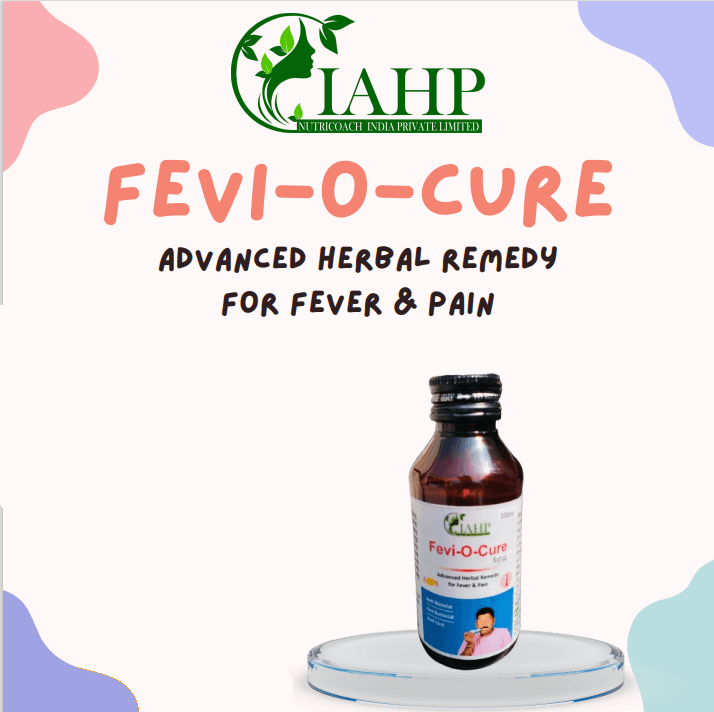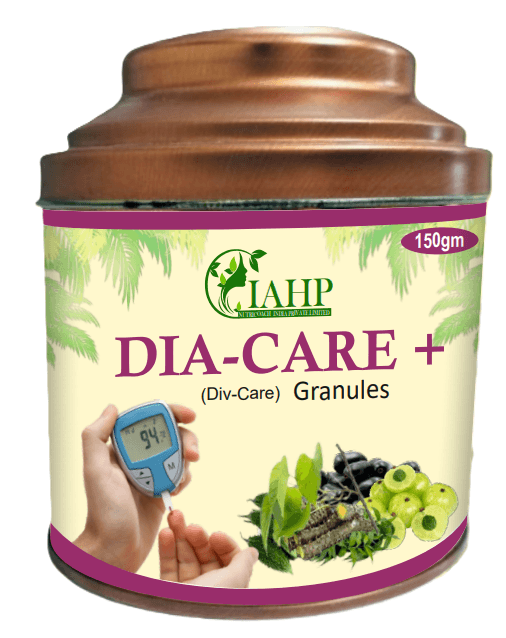Subtotal: ₹155.00
Haldi (Turmeric) powder
₹55.00
Description
What is Haldi Powder and Its Historical Significance
Haldi powder, commonly referred to as turmeric, is a bright yellow spice derived from the rhizome of the Curcuma longa plant, which belongs to the ginger family. This vibrant golden spice has been an integral part of culinary and medicinal practices in various cultures, especially in India, for thousands of years. To produce haldi powder, the turmeric root is harvested, boiled, dried, and then ground into a fine powder, resulting in a product that is not only flavorful but also rich in bioactive compounds.
The historical significance of haldi powder is profound and multifaceted. In ancient Indian civilization, turmeric was utilized not only for flavoring food but also as a key ingredient in traditional medicine. The spice is a staple in Ayurveda, the ancient healing system of India, where it is revered for its antiseptic, anti-inflammatory, and antioxidant properties. Turmeric has long been recognized for its potential health benefits, including boosting the immune system and improving digestive health.
In addition to its medicinal uses, haldi powder holds cultural and ritual significance. It is commonly used in Hindu weddings and rituals as a symbol of purity and auspiciousness. The application of turmeric on the skin of brides and grooms, known as haldi ceremony, is believed to bestow blessings of prosperity and good fortune, showcasing its importance in cultural practices.
Throughout history, haldi powder has transcended geographical boundaries. It was traded along the Silk Road, and its global popularity has grown significantly. In contemporary times, haldi is not only cherished in Indian kitchens but is also gaining recognition worldwide for its health-promoting properties, showcasing its enduring legacy as nature’s golden spice.
Health Benefits and Uses of Haldi Powder
Haldi powder, derived from the rhizome of the turmeric plant, is renowned for its multitude of health benefits and practical applications in daily life. The primary active compound in haldi, curcumin, is what accounts for its impressive anti-inflammatory, antioxidant, and antibacterial properties. These characteristics make haldi powder a valuable addition to dietary practices and health regimens.
One of the most significant benefits of haldi powder is its ability to combat inflammation. Research has shown that curcumin can help reduce the inflammation related to various chronic diseases such as arthritis, asthma, and even heart disease. By including haldi powder in your diet, whether through golden milk, curries, or smoothies, you may experience a reduction in inflammation over time.
Moreover, the antioxidant effects of haldi are essential for promoting overall health. Antioxidants help neutralize free radicals in the body, protecting against cell damage that can lead to chronic conditions. Regular consumption of haldi powder could potentially aid in slowing down the aging process and prevent various diseases associated with oxidative stress.
In addition to its dietary uses, haldi powder also boasts beneficial effects in skincare. Its antibacterial properties can help reduce acne and other skin infections. Incorporating haldi into face masks or topical ointments can promote a clearer complexion. However, it is advisable to conduct a patch test, as some individuals may experience skin irritation.
When using haldi powder for therapeutic purposes, it is crucial to monitor dosage to avoid possible side effects. Generally, a daily intake of 1-3 grams is recommended for adults. Nonetheless, it is prudent to consult a healthcare professional before starting any supplementation, especially if one has preexisting conditions or is pregnant.
In conclusion, haldi powder is a versatile spice that not only enhances the flavor of various dishes but also provides numerous health benefits. From its anti-inflammatory properties to its applications in skincare, haldi powder has established itself as a potent ally for both wellness and beauty.

 GYNO Syrup (200ml)
GYNO Syrup (200ml) 




Reviews
There are no reviews yet.